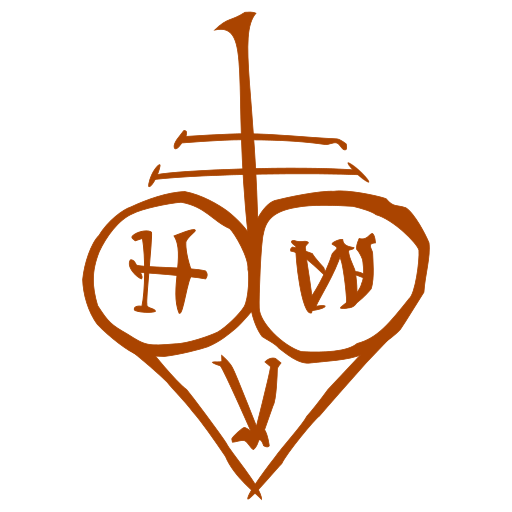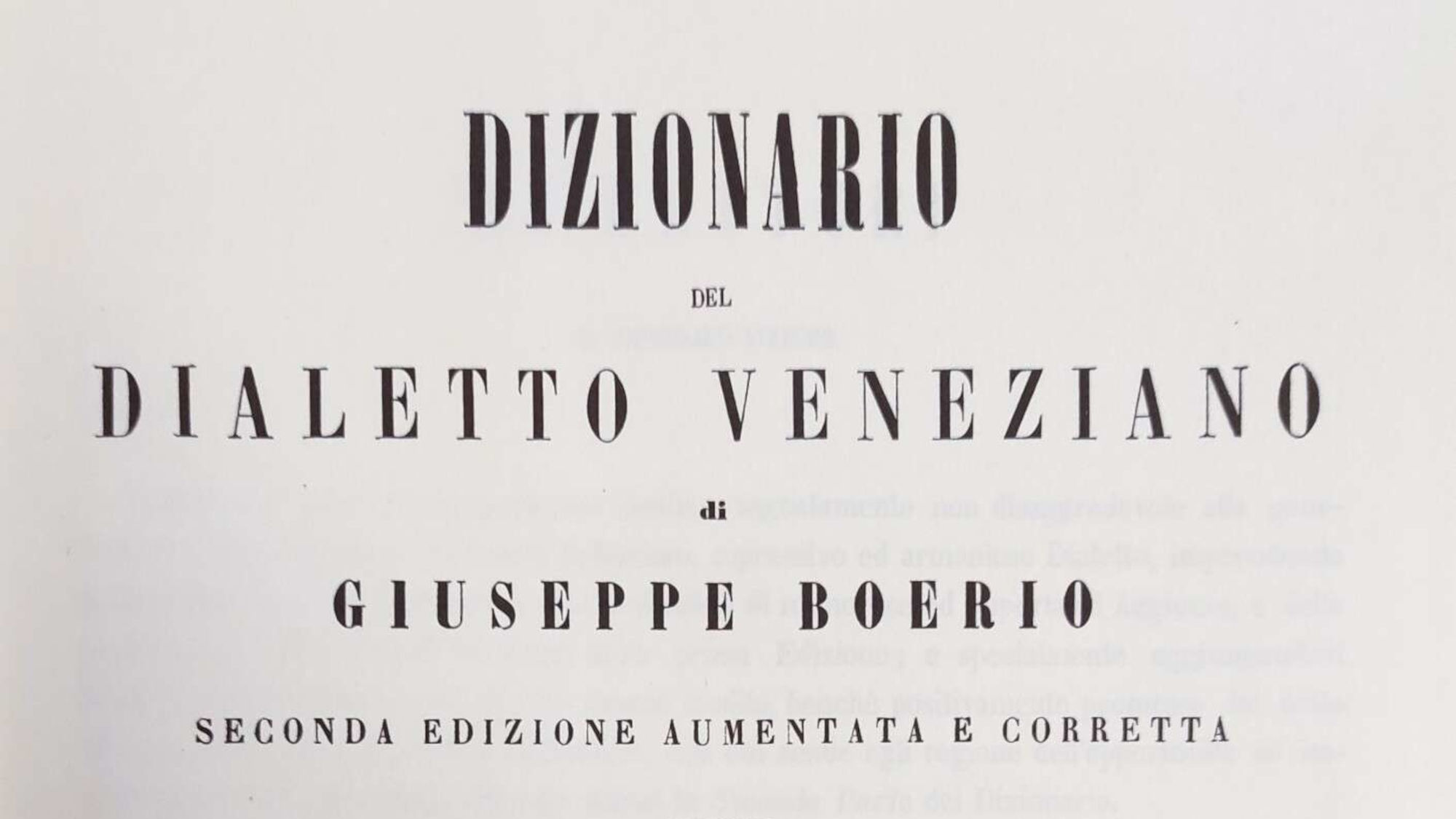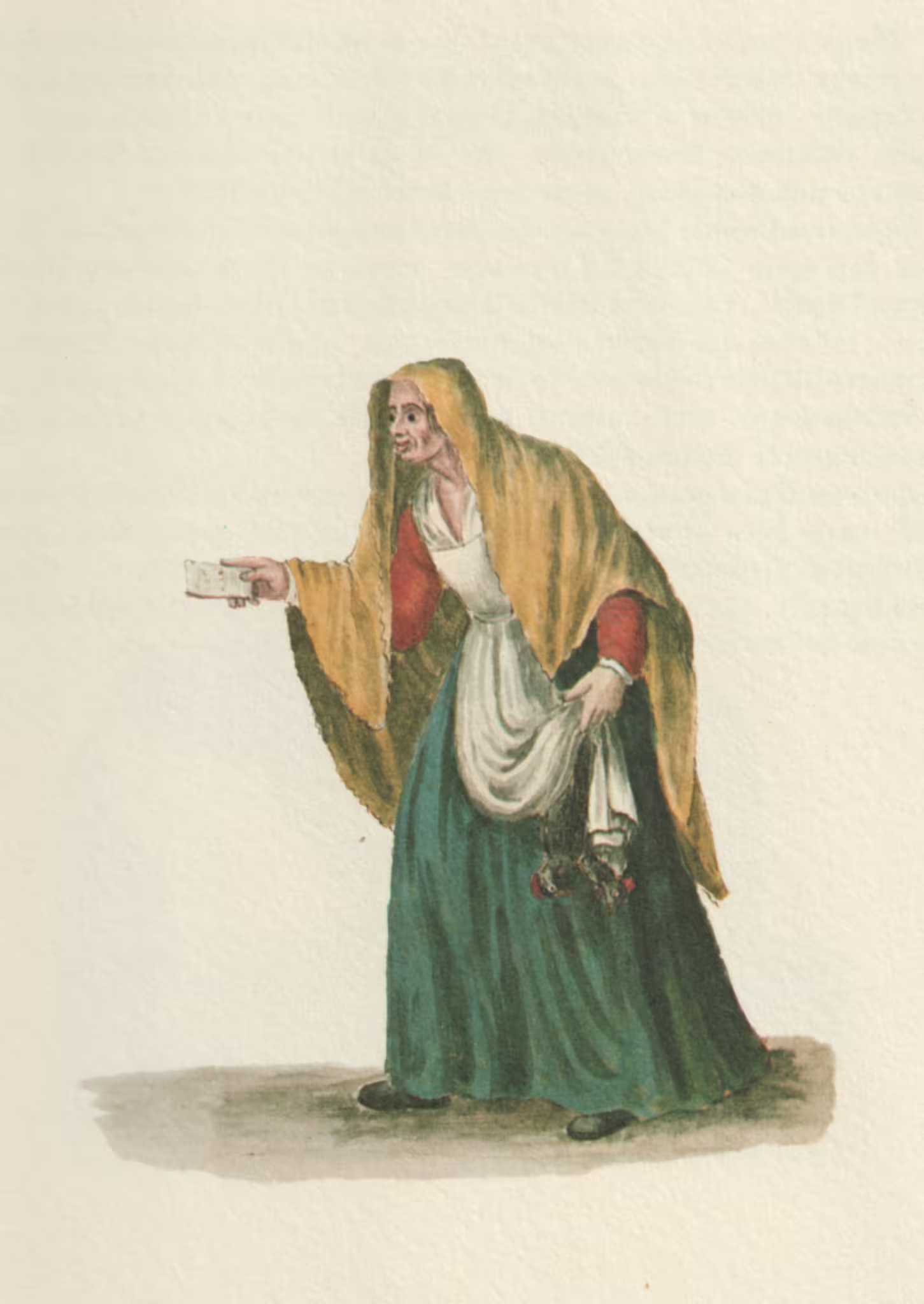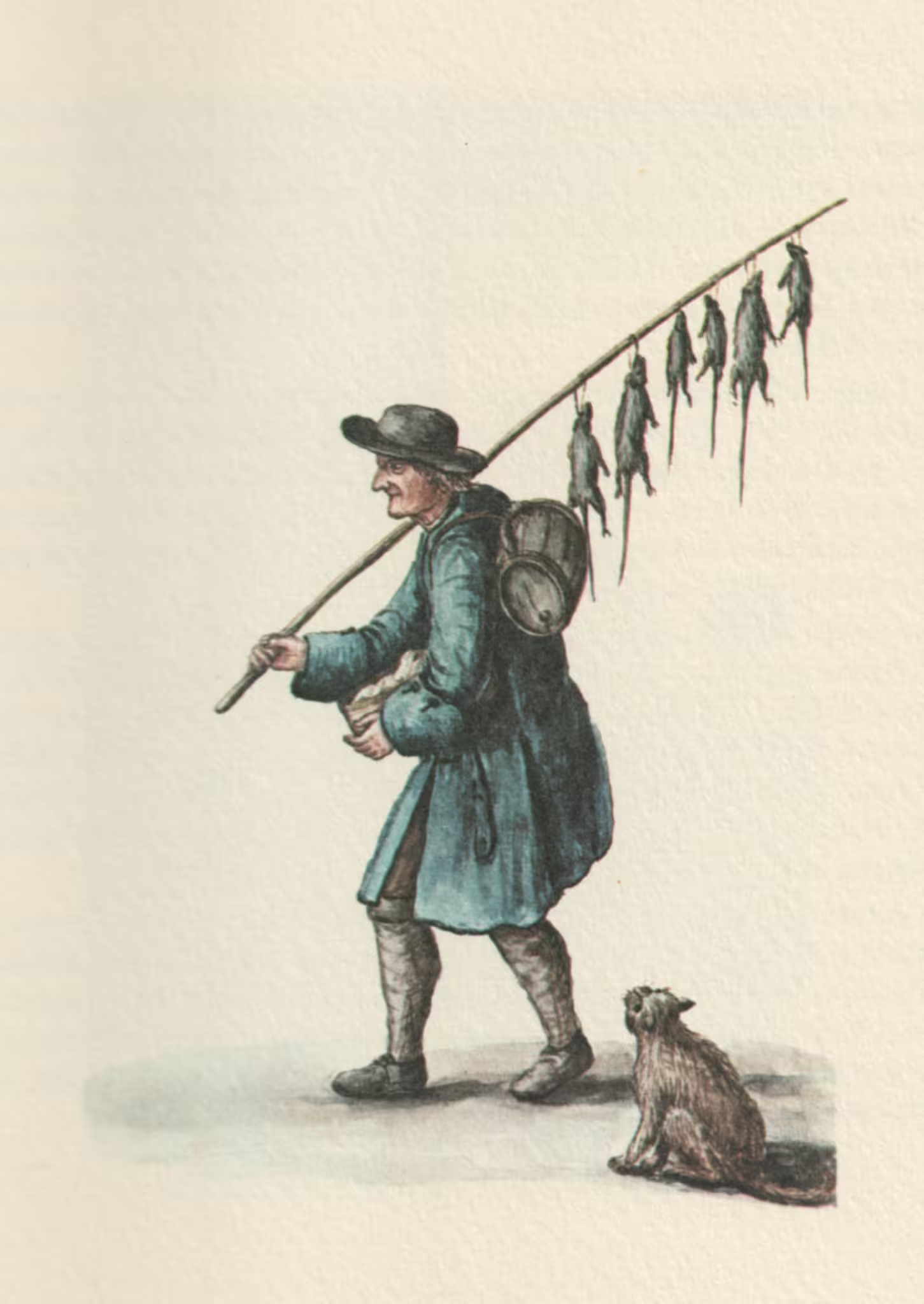Procuratori di S. Marco
Giuseppe Boerio (1754-1832) published his Dizionario del Dialetto Veneziano (Dictionary of the Venetian Dialect) in 1829 (2nd ed. 1856, 3rd ed. 1867). It is an invaluable tool for anybody who reads texts from the time of the Republic of Venice.
PROCURATOR, s. m. Attorney or Mandatory, One who administers the affairs of another.
Procurators of S. Marco, First dignities of the Venetian Republic after the Doge in the order of the patriciate. There were nine Procurators, three called in the Latin de supra, or of the Church of S. Marco, three de citra, that is, from this side of the grand canal, and three de ultra, that is, beyond the grand canal. Each of them enjoyed, during his lifetime, a decent publicly owned home in one of the so-called new Procuratie on the square, which now converted into royal palace. Even in our days they had the ancient public title of Missier as an honour; they could not intervene without special permission from the Maggior Consiglio; and among their attributed tasks they had the duty of keeping watch while the meetings of the Council itself lasted, staying in the loggia under the bell tower of S. Marco, where they presided over the guards of the Arsenalotti,1 with whom the public palace was equipped.
Translator’s notes
- Workers from the Arsenale — the Venetian navy docks. ↩︎
Italian original
PROCURATOR, s. m. Procuratore o Mandatario, Quello che amministra gli affari d’un altro.
Procuratori di S. Marco, Prime dignità della Repubblica Veneta dopo il Doge nell’ordine del patriziato. Nove erano li Procuratori, tre detti alla latina de supra, o sia della Chiesa di S. Marco, tre de citra, cioè di Qua del canal grande, e tre de ultra, cioè Oltre il canal grande. Ognuno di essi godeva, vita sua durante, una pubblica decorosa abitazione in una delle così dette Procuratie nuove sulla piazza ora state convertite a palazzo reale. Avevano anche a’ giorni nostri per onoranza l’antico titolo pubblico di
p. 536Missier; non potevano intervenire senza speciale licenza al Maggior Consiglio; ed avevano il dovere fra le loro attribuzioni, di far la guardia mentre durava la riduzione dello stesso Consiglio, stando essi nella loggetta sotto il campanile di S. Marco, onde presiedevano alle guardie degli Arsenalotti, delle quali il palazzo pubblico era guarnito.
Related articles
- Procurator di san Marco — Lessico Veneto
- Procuratore di S. Marco — ASV Indice
- State institutions of the Republic of Venice





Leave a Reply